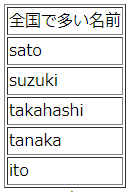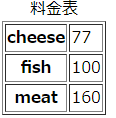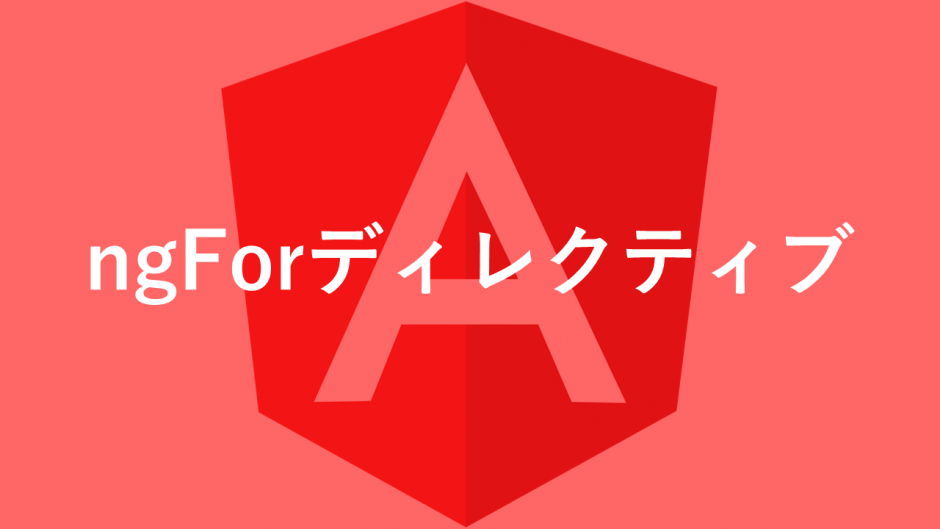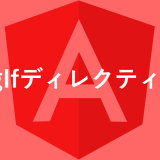本記事では、フレームワークAngularで用いられるngForディレクティブについて紹介します。
ディレクティブという難しい言葉が出てきましたが、要は、ngForというものは、
HTMLで配列などの要素を動的に表示することができるものです。
次に実際にコードを見て、どのようにngForディレクティブを扱うか見ていきましょう。
準備
コンポーネント生成
Angularのワークスペースで新しくコンポーネントを用意します。
$ ng g c ngforngforは、好みのコンポーネント名に変えていただいてよいです。
生成したコンポーネントに配列を定義し、その要素をテーブルとして表示させましょう。
ngfor.component.ts
import { Component } from '@angular/core';
@Component({
selector: 'app-ngfor',
templateUrl: './ngfor.component.html',
styleUrls: ['./ngfor.component.css']
})
export class NgforComponent {
names = ["sato","suzuki","takahashi","tanaka","ito"];
}app.component.html
<app-ngfor></app-ngfor>例1:配列を表示
ngForディレクティブの書き方は以下の通り。
<div *ngFor='let element of 配列名'>{{ element }}</div>let element of 配列名 は、JavaScriptの配列の要素を取り出す繰り返し文ですね。
配列から取り出した要素elementを{{}}の中に記述することで要素を表示させることができます。
elementは、他の名前にして頂いても問題ありません。
ngfor.component.html
<table border="1">
<tr>
<td>全国で多い名前</td>
</tr>
<tr *ngFor="let element of names">
<td>{{ element }}</td>
</tr>
</table>ブラウザで確認すると。。。

例2:連想配列の表示
連想配列の表示は、以下のように記述することで表示できます。
ngfor.component.ts
// 省略
export class NgforComponent {
prices = {
"meat": 160,
"fish": 100,
"cheese": 77,
};
}ngfor.component.html
<table border="1">
<caption>料金表</caption>
<tr *ngFor="let element of prices | keyvalue">
<th>{{ element.key }}</th>
<td>{{ element.value }}</td>
</tr>
</table>ブラウザで確認すると。。。

例3:オブジェクト配列の表示
オブジェクトの配列は以下のように記述することで表示できます。
ngfor.component.ts
// 省略
export class NgforComponent {
population =[
{
name: 'Japan',
population: 130000000
},
{
name: 'China',
population: 1448500000
},
{
name: 'USA',
population: 340000000
}
];
}ngfor.component.html
<table border="1">
<caption>国の人口</caption>
<tr *ngFor="let element of population">
<th>{{ element.name }}</th>
<td>{{ element.population }}</td>
</tr>
</table>ブラウザで確認すると。。。

まとめ
ngForディレクティブを用いて、配列、連想配列、オブジェクトの配列の表示方法を紹介しました。
このようにngForディレクティブは、配列のようなデータを繰り返し処理で表示させることができるのです。
 EnjoyPGLIFE
EnjoyPGLIFE 


